Demystifying the Currency Exchange: Your Beginner’s Guide to Forex Trading
Welcome to the exciting world of Forex trading, where the potential for financial growth knows no bounds. Whether you’re a seasoned investor or a novice just dipping your toes into the market, understanding the fundamentals is key to success. In this comprehensive guide, we’ll delve into the core aspects of Forex trading, from what it is and how it works to practical tips for getting started.
The world speaks in many languages, but money has its own universal tongue: foreign exchange, or forex. Ever exchanged dollars for euros at the airport? Congratulations, you’ve participated in this vast, dynamic market! Yet, the world of forex trading extends far beyond tourist booths, offering exciting opportunities and potential complexities.
Whether you’re a curious newcomer or a budding investor, N P Financials is here to guide you through the exciting world of forex trading. Dive in with us and discover:
What is the Forex Market?
The Forex market, short for foreign exchange, is the largest financial market globally, where currencies are traded.
Unlike stock markets, Forex operates over-the-counter (OTC), meaning transactions are conducted directly between parties electronically.
Its decentralized nature means there is no central exchange; instead, a network of banks, financial institutions, corporations, governments, and individual traders participate.
Imagine a colossal marketplace, constantly buzzing with buyers and sellers, except their wares are currencies. That’s the forex market, the largest financial market globally, with a daily average trade volume exceeding $5 trillion. Unlike traditional exchanges, forex operates electronically, 24/5, across the globe. This decentralized nature fosters high liquidity and constant price movement, opening doors for profit-seeking traders.
How Does the Forex Market Work?
At its core, Forex trading involves buying one currency while simultaneously selling another, aiming to profit from fluctuations in exchange rates.
Currencies are quoted in pairs, such as EUR/USD or GBP/JPY, representing the value of one currency relative to another. The first 3 letters represent the BASE currency and the last 3 letters represent the TERM (Counter or Quote) currency.
The main function of BASE currency is to represent the chart. Base currency always denotes 1 unit. The function of the TERM currency is to calculate the profit and loss in the counter currency. The broker then converts this profit and loss in term currency into your account currency.
Exchange rates are influenced by various factors, including economic indicators, geopolitical events, and market sentiment.
Traders can speculate on currency movements through different trading strategies, including day trading, swing trading, and position trading.
Currencies trade in pairs, quoted with their exchange rate. For example, EUR/USD represents the Euro versus the US Dollar.
The first 2 letters of the Currency represents the Country and the 3rd letter represents the Currency. E.g. in AUD, “AU” stands for the country Australia and “D” stands for “Dollar”. Hence AUD is Australian Dollar.
Here’s the gist:
- Buying a pair: You believe the first currency (Euro) will strengthen against the second (Dollar). You buy Euros (which is here the BASE Currency) now, aiming to sell them later for more Dollars.
- Selling a pair: You predict the first currency (Euro) will weaken against the Dollar. You sell your Euros now, repurchasing them later at a lower price.
But what moves these prices? Supply and demand, economic and political news, interest rates, and investor sentiment all play a role. Understanding these factors is crucial for navigating the market effectively.
Where is the Forex Market?
Everywhere and nowhere! With no central location, forex operates over electronic networks connecting banks, institutions, and individual traders globally.
The Forex market operates globally, with major trading centres in London, New York, Tokyo, and Sydney.
However, thanks to advancements in technology, traders can access the market from anywhere with an internet connection, allowing for seamless 24-hour trading.
This decentralized nature fosters continuous activity and high liquidity, but also requires extra vigilance to navigate diverse regulations and brokers.
Who Trades on the Forex Market?
The forex market welcomes a diverse audience:
- Central banks: Managing national currencies and reserves. Central banks play a crucial role in currency markets by implementing monetary policies and intervening to stabilize exchange rates.
- Commercial entities: Businesses importing and exporting goods and services.
- Speculative traders: Individuals seeking profit from currency fluctuations. Retail traders, empowered by online trading platforms and leverage, comprise a significant portion of the market, contributing to liquidity and volatility.
- Hedge funds: Managing investments and utilizing forex for risk management. Institutional investors and hedge funds engage in large-volume trades, often based on macroeconomic analysis and geopolitical trends.
What is Forex Trading?
Simply put, it’s the act of buying and selling currency pairs with the aim of making a profit. You essentially speculate on the rise or fall of a currency relative to another. Unlike stock trading, ownership of underlying assets isn’t involved.
Forex trading involves buying and selling currency pairs with the aim of profiting from price movements.
Traders can go long (buy) or short (sell) a currency pair, depending on their market outlook.
Leverage enables traders to control larger positions with a smaller initial investment, amplifying both profits and losses.
Risk management is crucial in Forex trading, with strategies such as setting stop-loss orders and managing position sizes to protect capital.
How to Start Trading Forex:
- Educate yourself: Understand the market dynamics, key players, and trading strategies. N P Financials offers a wealth of resources to get you started.
- Choose a reputable broker: Ensure your broker is regulated, secure, and aligns with your trading goals.
- Develop a Trading Plan: Define your trading goals, risk tolerance, and strategy, including entry and exit criteria.
- Open a practice account: Use a demo account to hone your skills and test strategies in a risk-free environment before trading with real money.
- Start small and manage risk: Begin with small investments and implement sound risk management techniques.
- Stay informed: Keep track of economic news, market trends, and geopolitical events that impact currency values.
Types of Forex Markets:
- Spot Market: The spot Forex market involves the immediate exchange of currencies at the current market rate, with settlement typically occurring within two business days.
- Forward Market: In the forward market, contracts are traded over-the-counter for future delivery at a predetermined price and date, allowing parties to hedge against currency risk.
- Futures Market: Forex futures are standardized contracts traded on exchanges, offering liquidity and transparency, with obligations to buy or sell currencies at a specified price and date.
- Options Market: Forex options provide the right, but not the obligation, to buy or sell currencies at a predetermined price within a specified timeframe, offering flexibility and risk management.
Remember: Forex trading, while potentially lucrative, carries inherent risks. Thorough research, sound risk management, and realistic expectations are key to navigate this exciting, multifaceted market.
Embarking on your Forex trading journey can be both exhilarating and daunting, but armed with knowledge and determination, success is within reach. By understanding the fundamentals of the Forex market, developing a solid trading plan, and staying disciplined, you can navigate the complexities of currency trading with confidence. Whether you’re seeking financial independence, diversifying your investment portfolio, or simply exploring new opportunities, Forex trading offers endless possibilities for growth and prosperity. So, take the plunge, embrace the challenge, and embark on a journey towards financial freedom through Forex trading.
Partner with N P Financials:
At N P Financials, we believe in empowering individuals to explore the world of forex trading with confidence. We offer a range of educational resources, a secure trading platform, and dedicated support to help you navigate your journey. Get started today and embark on your exciting voyage into the world of forex!
N P Financials can be contacted at:
[email protected]
+61 3 9790 6476
N P Financials Pty Ltd
Level 3, 2 Brandon Park Drive
Wheelers Hill, Victoria 3150


